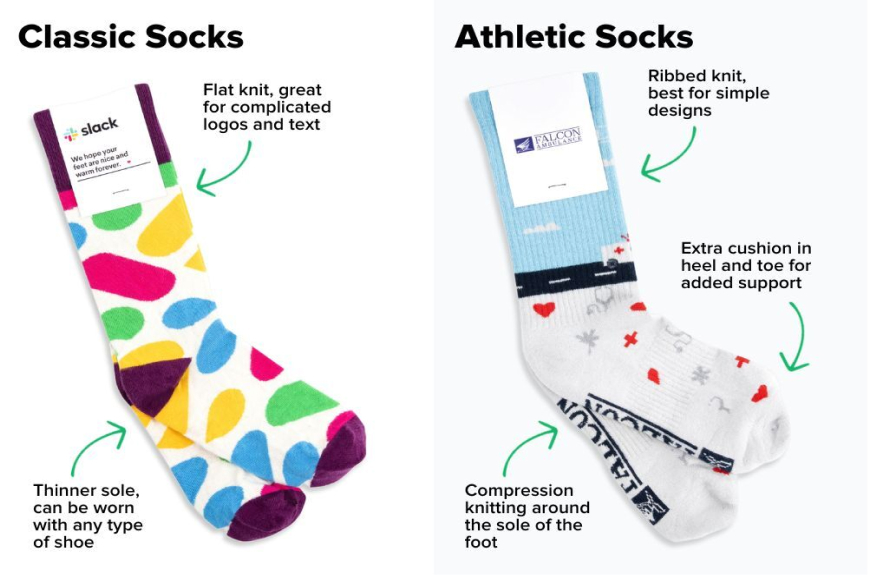Get in touch - we are real people who answer the phone!
Step 1 of 3 ×
× 

At Sock Club, we’ve helped over 10,000 businesses show appreciation to their employees through employee appreciation gifts. They've increased team productivity, improved their employee retention and satisfaction rate, and enhanced client relationships.
In our guide, we’ll cover:
Effective employee appreciation goes beyond thank you gifts for employees and is sincere and meaningful. It recognizes not only exceptional achievements, but also everyday efforts and contributions. A culture of appreciation fosters a positive work environment and helps in retaining talented employees, ultimately benefiting both the individual and the organization.




